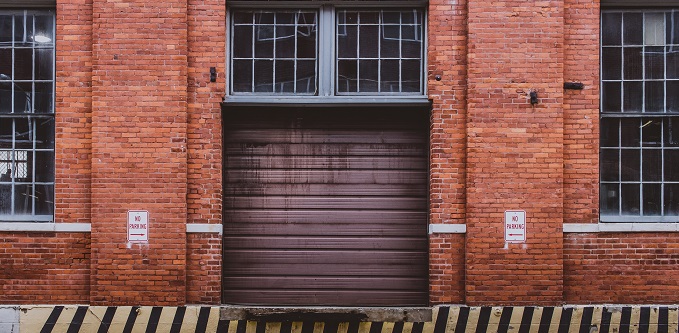
Victorian businesses are urged to review their rental agreements after a small business won legal action against its landlord, in a decision that cements the principle that manufacturers and business-to-business companies should be entitled to coverage under the state’s retail leasing act.
The case of IMCC Group (Australia) Pty Ltd v CB Cold Storage Ltd sought to test whether a cold storage facility should have been considered as being covered by a retail, rather than a commercial, lease. In Victoria, retail leases prevent landlords from passing on additional costs to their tenants, including land tax, capital costs and some insurance costs.
CB Cold Storage argued it should be entitled to a refund for land tax it paid because by providing refrigeration services to other clients, it should be considered a retailer covered by the Retail Leases Act.
The case made it all the way to the Supreme Court of Appeal, where it was decided that the “ultimate consumer test” should apply when working out whether a business is entitled to a retail lease.
This test asks whether other parties use the goods that are sold to them from the premises. In the case of cold refrigeration, CB Cold Storage was found to be covered by a retail lease because its clients were using its refrigeration services, which were sold from the location of the lease.
The landlord was later denied the opportunity to appeal to the High Court, with the tenant successfully securing its tax refund.
Victorian Small Business Commissioner Judy O’Connell tells SmartCompany the decision is “a good news story for small and medium tenants.”
“This really gives them more protection when they’re going into a lease, because the Act now covers what you previously would have thought of as being a manufacturer,” O’Connell says.
“For these sorts of small businesses, the landlord can’t pass on the land tax. They have to give them a written example of the lease beforehand. They also can’t make businesses pay any capital costs — so if the roof started falling down, the landlord would have to cover it.”
The small business commissioner’s Victorian office hears around 1700 business disputes a year, and O’Connell says around 900 of these relate to retail leasing. It’s an area of significant challenges for businesses and the Commissioner’s office is the first point of contact for these disputes before they head to the Victorian Civil and Administrative Tribunal (VCAT).
O’Connell says retail landlords are “not supposed to” jack up retail rental prices in light of decisions like the cold storage case, but she warns businesses that now this precedent has been set, it will likely be playing on the minds of landlords into the future.
“They’re not supposed to, but the case will probably come into play when they’re negotiating,” she says.
In light of this, it’s important that businesses with any concerns about their leases get advice, including touching base with the small business commissioner’s office in their state.
O’Connell says pressure on rental prices has become extreme, particularly in Melbourne’s CBD, meaning concerns are running high.
“People are really doing it tough at the moment, especially in the CBD. Land prices have gone up substantially and the landlords are wanting top dollar,” she says.
The cold storage case is a win for SMEs, but O’Connell says small businesses should be ready to fight for their rights even if they encounter a problem in the middle of their tenancies.
“Sometimes issues happen in the middle of the leases; we had one, for example, where the roof leaked into a company’s boardroom and they had a lovely table that got wrecked. The business was then saying it wouldn’t pay [rent] until the damage was fixed,” she says.
“Small businesses should come to us in these cases; we will talk with the tenant and landlord.”


COMMENTS
SmartCompany is committed to hosting lively discussions. Help us keep the conversation useful, interesting and welcoming. We aim to publish comments quickly in the interest of promoting robust conversation, but we’re a small team and we deploy filters to protect against legal risk. Occasionally your comment may be held up while it is being reviewed, but we’re working as fast as we can to keep the conversation rolling.
The SmartCompany comment section is members-only content. Please subscribe to leave a comment.
The SmartCompany comment section is members-only content. Please login to leave a comment.